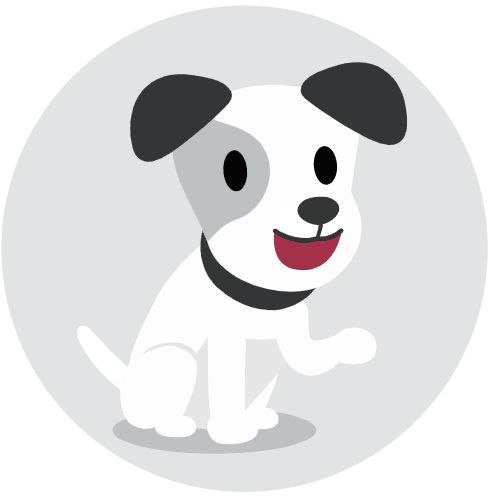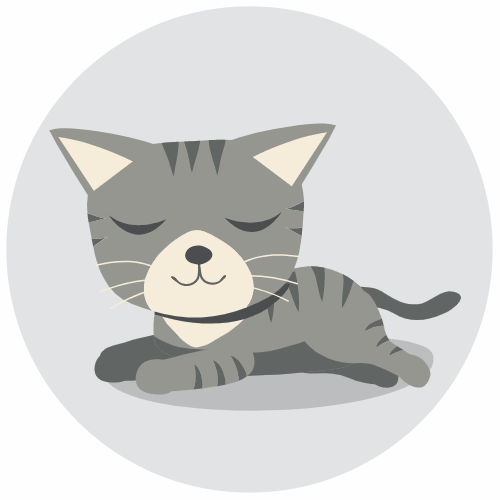For puppies and kittens, we like to do a series of
four EXAMS.
This is of course depending on the age of your puppy or kitten. In these series of exams, your pet’s doctor will be able to follow the growth of your furry-friend and ensure that they are developing correctly while also building their immunity to life-threatening diseases through a series of vaccines.
The Indian Head Animal Hospital recommends a schedule of health visits, immunizations, and screening tests to ensure your kitten or puppy’s health based on recommendations from the American Veterinary Medical Association and American Animal Hospital Association. Your veterinarian will examine and discuss growth, nutrition, development, house training, dental care and any other age-appropriate health matters or client questions during each visit.
A thorough physical exam of your kitten or puppy is important, but not the only reason for the visit. We hope to inform you about proper home care as well as veterinary care of your new pet. We want to answer all your questions and make sure you and your kitten or puppy get off to a good start. They will need a physical exam as soon as possible, preferably within the first 48 hours. We want to be sure that you have a healthy kitten or puppy and we want to make sure they remains healthy. Physical exams are given with all vaccinations.
Please bring the following to your first exam:
- Your new kitten or puppy
- Medical records
- Diet history
- Fecal (stool sample) if possible
- List of questions you need answered
First Exams/Vaccinations
EXAM ONE
Your pet’s first exam with us is when you initially bring them in. Frequently we will see puppies/kittens around 6 weeks old.
Kitten VISIT
- Comprehensive Physical Exam
- FVRCP Vaccine
- Fecal Analysis
- Heartworm Preventative
- Flea and Tick Control
Puppy Visit
- Comprehensive Physical Exam
- DH-P-Parvo
- Fecal Analysis
- Heartworm Preventative
- Flea and Tick Control
EXAM TWO
Our re-check exam is usually for pets near 9 weeks old and is an important exam to assess the growth of your pet.
Kitten VISIT
- Comprehensive Physical Exam
- FVRCP Vaccine
- Fecal Analysis
- Heartworm Preventative
- Flea and Tick Control
Puppy Visit
- Comprehensive Physical Exam
- DH-P-Parvo
- Fecal Analysis
- Heartworm Preventative
- Flea and Tick Control
EXAM THREE
The next exam takes place when they are 12 weeks old.
Kitten VISIT
- Comprehensive Physical Exam
- FVRCP Vaccine
- FELV Vaccine
- Fecal Analysis
- Heartworm Preventative
- Flea and Tick Control
Puppy Visit
- Comprehensive Physical Exam
- DH-P-Parvo
- Leptospirosis Vaccination
- Bordetella
- Fecal Analysis
- Heartworm Preventative
- Flea and Tick Control
EXAM four
The next exam takes place when they are 16 – 19 weeks old. Your doctor will assess their growth and health, finalize their immunization, and begin discussing the next steps as your pet becomes an adult.
Kitten VISIT
- Comprehensive Physical Exam
- Rabies Vaccinations
- FVRCP Vaccine
- FELV Vaccine
- Heartworm Preventative
- Flea and Tick Control
Puppy Visit
- Comprehensive Physical Exam
- Rabies Vaccinations
- DH-P-Parvo
- Leptospirosis Vaccination
- Lymes Vaccination
- Influenza
- Heartworm Preventative
- Flea and Tick Control

HOW DO I SET A POTTY TRAINING SCHEDULE?
- First thing in the morning
- Last thing at night
- After spending time in a crate
- Upon waking up from a nap
- After eating or drinking
- Time between potty brakes
should be no more than 2-4 hours
HOW DO I CRATE TRAIN MY PUPPY?
- Dogs like clean “home” areas and are less likely to have accidents
- Place crate near exterior door for quick relief
- The crate should be big enough for your puppy to stand up, turn around, and lay down
WHEN SHOULD I REINFORCE GOOD BEHAVIOR?
- Don’t scold your puppy for having an accident
- Praise them for doing the right thing
- Reward them with treats, pats, and attention
How do I get my puppy to stop bad behavior?
WHAT CAN MY PUPPY CHEW ON?
- Chewing is a calming mechanism for puppies
- Keep chewing toys around the house; when they start to chew on toys instead of household objects, give them praise
HOW DO I STOP MY PUPPY FROM BARKING?
- Scolding your puppy when they bark can make it worse; instead, ignore barking and praise quiet
- Training your dog to sit helps them fight impulsive barking when they want something
HOW DO I STOP MY PUPPY FROM BEGGING AT THE TABLE?
- Feed them first before you eat
- Create a cozy “go-to” spot near the table where they can be comfortable
- Praise them with treats when they don’t beg
How do I feed my puppy?
HOW OFTEN DO I FEED MY PUPPY?
- 6-12 weeks: 4x a day
- 3-6 months: 3x a day
- 6-12 months: 2x a day
- After a year: 2 half portions a day
- Watch your puppy to gauge if they are eating healthy
WHAT FOOD SHOULD I FEED MY PUPPY?
- Look for AAFCO guidelines
- Look for age and health specific formulas
- Ask your vet for tailored recommendations
WHAT ARE HARMFUL FOODS FOR PUPPIES?
Dairy, chocolate, grapes, and sugary foods, snacks, or desserts
WHAT THINGS SHOULD I BUY FOR A KITTEN?
- Scratch posts (helps preserve furniture!)
- Litter boxes, cat carriers, and food and water bowls
- Stain and odor remover
WHAT SHOULD I MOVE OUT OF THE WAY?
- Toxic plants
- Cleaners and sprays
- Any dog food that might be in the house
HOW CAN MY CAT BE COMFORTABLE?
- Bed and blanket
- Small, cozy space
- Grooming supplies
- Pheromone products
How should I play with my kitten?
HOW DO I PLAY SAFELY WITH MY KITTEN?
- Use balls, jingles, anything on a string, and cotton chew toys
- Avoid “play” with your hands to avoid injury when full grown
WHAT ARE THE BENEFITS OF PLAYING WITH YOUR KITTEN?
- Strengthens your bond with your kitten
- Allows them to release energy that could lead to damage
- Builds trust and comfort for them within a new home
HOW OFTEN SHOULD I PLAY WITH MY KITTEN?
- 20+ minutes of play per day
- Set aside at least two times a day preferably early in the morning and late at night
How do I feed a kitten?
HOW OFTEN SHOULD I FEED MY KITTEN?
- Dry food only: leave available at all times
- Wet food only: feed at least four times a day
- Combo: feed wet food twice a day and leave dry food available
WHAT SHOULD I FEED MY KITTEN?
- Look for AAFCO guidelines
- Look for age and health specific formulas
- Ask your vet for tailored recommendations
WHAT ARE HARMFUL FOODS FOR KITTENS?
- Raw meats, eggs, raw fish
- Grapes, chocolate, and dairy





